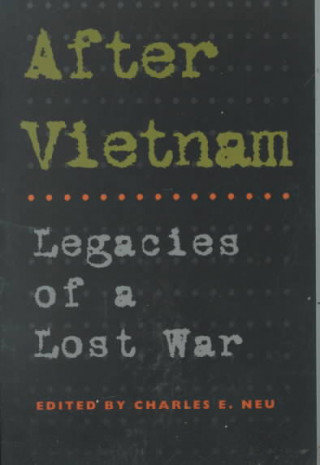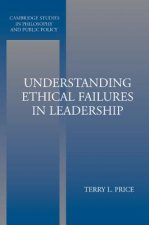
Doručení
Nákupní rádce





Nehodí se? Vůbec nevadí! U nás můžete do 30 dní vrátit
 Dárkový poukaz
V libovolné hodnotě
Dárkový poukaz
V libovolné hodnotě
S dárkovým poukazem nešlápnete vedle. Obdarovaný si za dárkový poukaz může vybrat cokoliv z naší nabídky.
After Vietnam
 Angličtina
Angličtina
 92 b
92 b
30 dní na vrácení zboží
Mohlo by vás také zajímat


Efforts to understand the impact of the Vietnam War on America began soon after it ended, and they continue to the present day. In After Vietnam four distinguished scholars focus on different elements of the war's legacy, while one of the major architects of the conflict, former defense secretary Robert S. McNamara, contributes a final chapter pondering foreign policy issues of the twenty-first century. In the book's opening chapter, Charles E. Neu explains how the Vietnam War changed Americans' sense of themselves: challenging widely-held national myths, the war brought frustration, disillusionment, and a weakening of Americans' sense of their past and vision for the future. Brian Balogh argues that Vietnam became such a powerful metaphor for turmoil and decline that it obscured other forces that brought about fundamental changes in government and society. George C. Herring examines the postwar American military, which became nearly obsessed with preventing "another Vietnam." Robert K. Brigham explores the effects of the war on the Vietnamese, as aging revolutionary leaders relied on appeals to "revolutionary heroism" to justify the communist party's monopoly on political power. Finally, Robert S. McNamara, aware of the magnitude of his errors and burdened by the war's destructiveness, draws lessons from his experience with the aim of preventing wars in the future.
Informace o knize
 Angličtina
Angličtina
Kategorie




 Jak nakupovat
Jak nakupovat




























